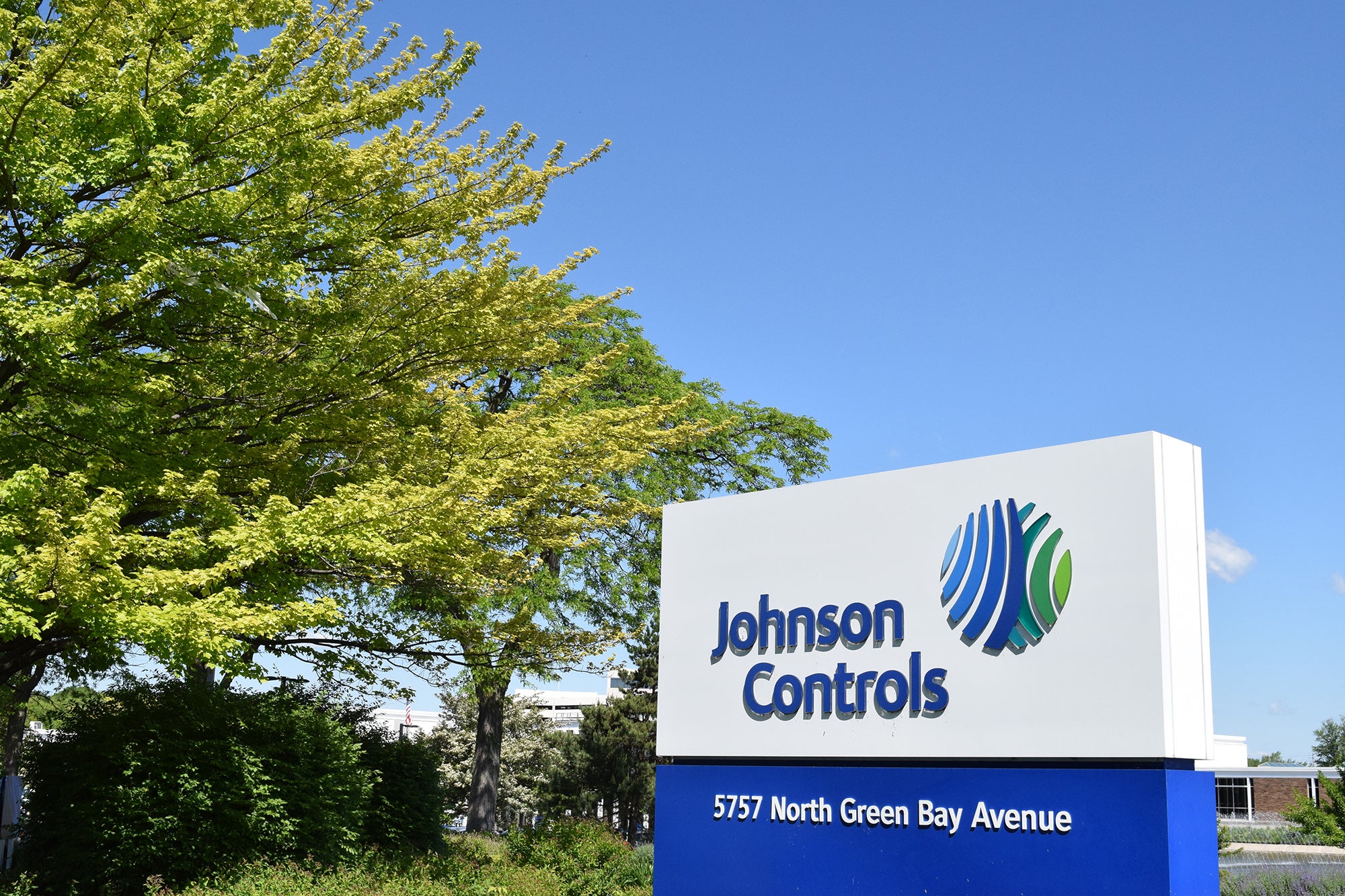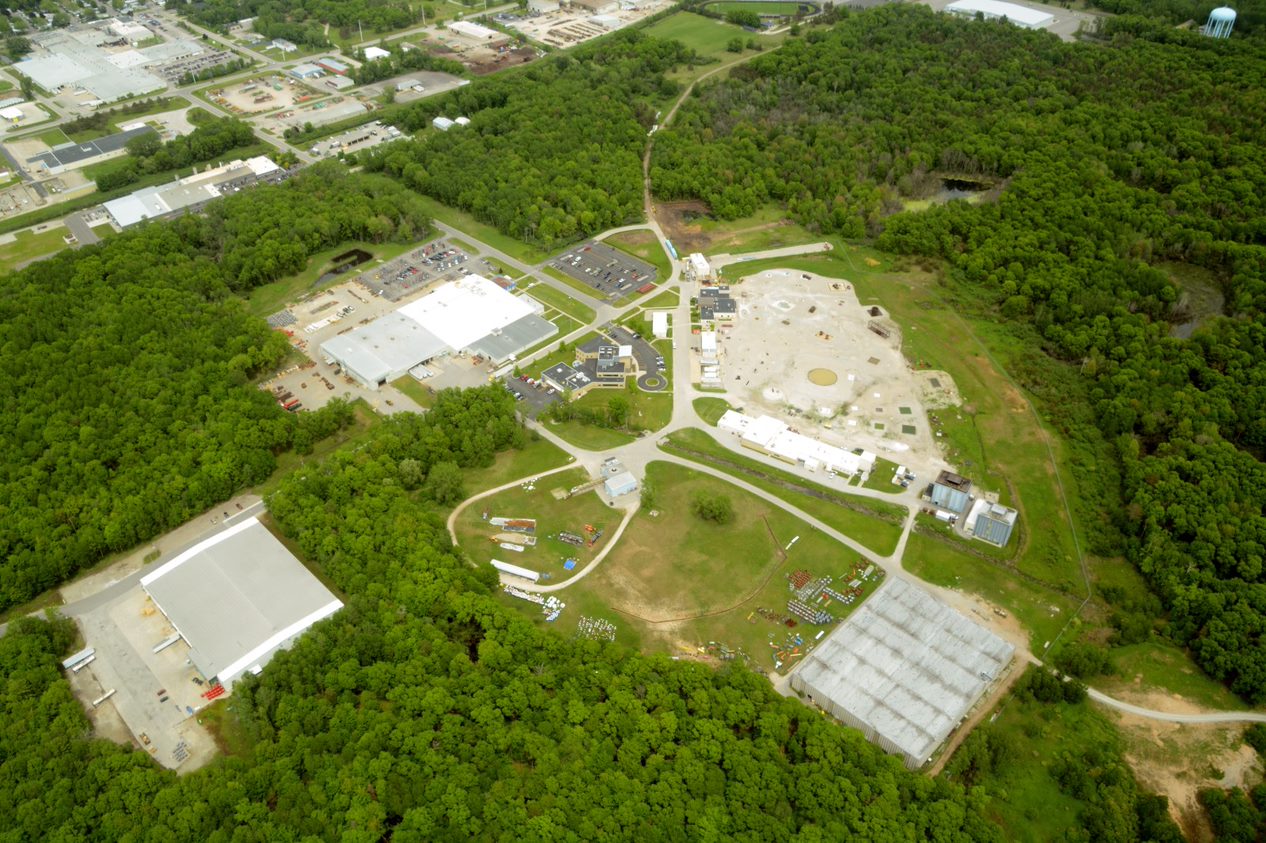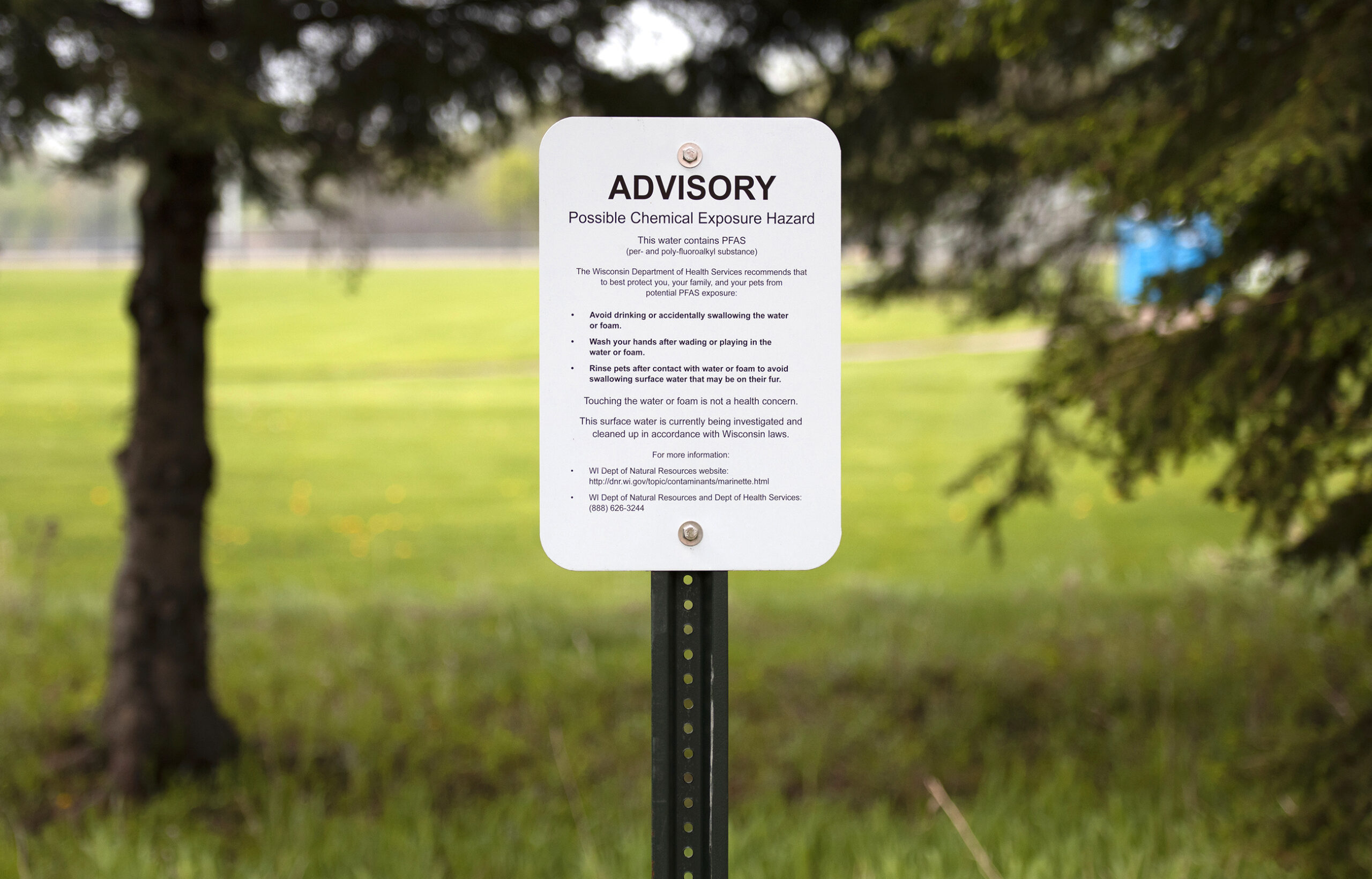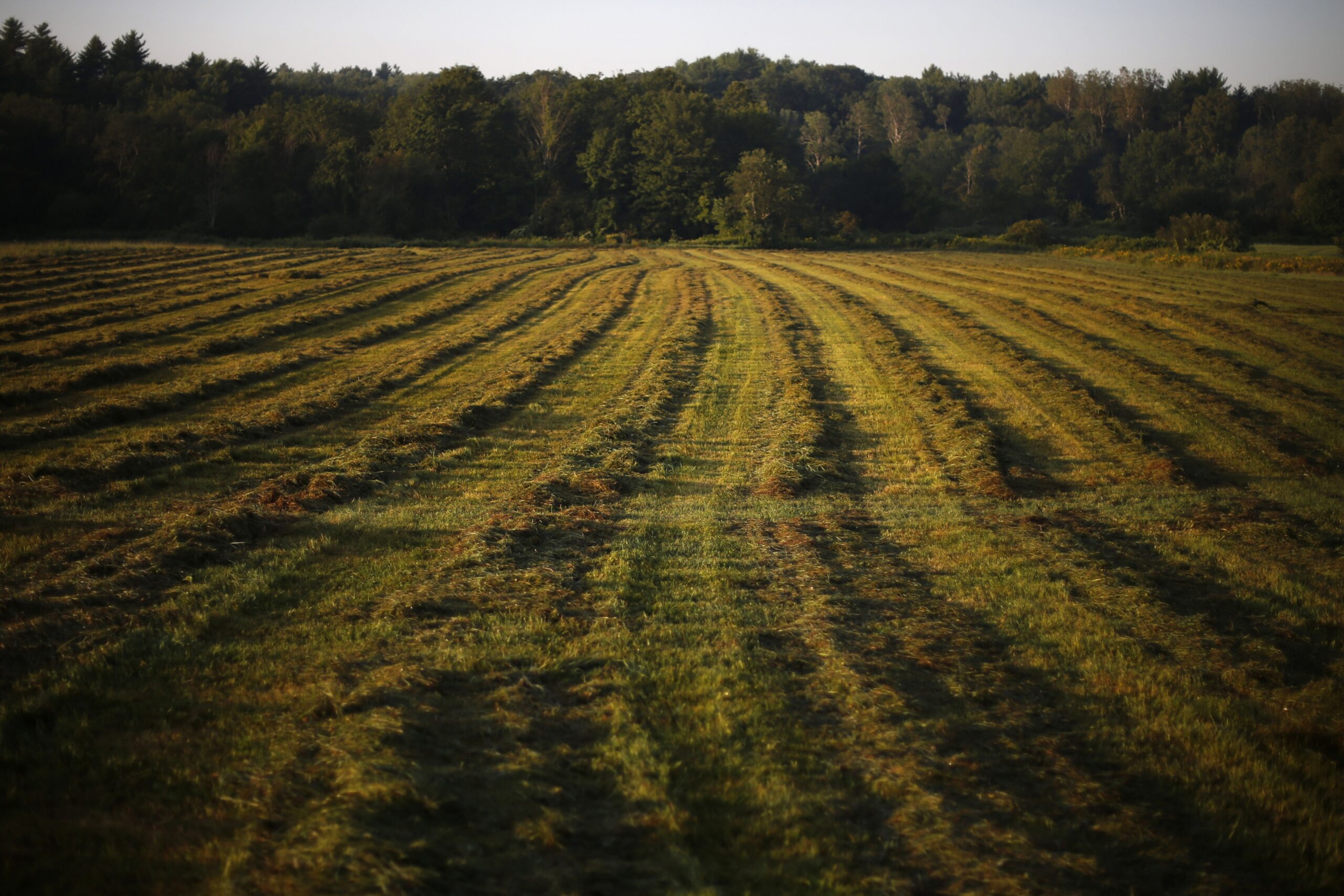The Wisconsin Department of Natural Resources is rejecting an idea from Johnson Controls International that the agency rather than the company would oversee the first phase of investigation into PFAS contamination on farm fields in northeastern Wisconsin.
The investigation stems from contamination as a result of chemicals in firefighting foam known as per-and polyfluoroalkyl substances or PFAS. The chemicals have been linked to adverse health effects in humans, including thyroid disease, developmental issues and cancer.
Tyco Fire Products, a subsidiary of Johnson Controls, has tested firefighting foam at its fire training facility in Marinette. Tyco is the largest known source of PFAS contamination in the Marinette and Peshtigo area, according to the DNR.
News with a little more humanity
WPR’s “Wisconsin Today” newsletter keeps you connected to the state you love without feeling overwhelmed. No paywall. No agenda. No corporate filter.
Johnson Controls submitted a work plan to the agency on Friday as part of the DNR’s directive to investigate contamination on farm fields in the region.
In a letter to the DNR, the company said it would pay for a consultant to work with the agency on assessing 16 fields as part of the plan, which includes evaluating multiple land and well records and interviewing landowners. Johnson Controls contends the agency is “uniquely positioned” to conduct the first phase of the investigation with local governments and property owners, according to John Perkins, the company’s vice president of environmental health and safety.
“This specific plan follows the fact that DNR does have the legal obligation to identify any and all parties that contributed to these 16 fields,” said Perkins. “Basically, what we’re saying is we do not have the means to identify other sources or bring them to the table. Only the DNR has that authority to do so.”
However, the agency disputes that it is under any legal obligation to do identify all sources of contamination, according to Darsi Foss, administrator of the agency’s Environmental Management Division.
“It’s really the job of the responsible parties that have been initially identified to go out and start that work. Then, based on the information and the degree of certainty of information we receive from them, we may look for other people,” said Foss. “But there is nothing in state law that requires the Department of Natural Resources to identify every single responsible party that could be associated with environmental pollution or hazardous substances before someone starts that process.”
Johnson Controls said work on the plan could begin once the DNR chooses a consultant and approves the company’s plan.
The Wisconsin DNR has 60 days to review the plan and provide comments. But Foss reiterated that it’s the responsible party’s job to conduct the work, not a state agency.
“We’ve got 3,000 open cleanup sites across the state and you can imagine the workload if we were to take on the responsibility to take the lead in all of those,” said Foss.
Johnson Controls argues having the DNR perform some of the work will avoid delays that may result from negotiations between the company and private parties to gain access to the land. The DNR said only four landowners are involved with the 16 fields and associated wells that need to be investigated.
Wisconsin Public Radio, © Copyright 2025, Board of Regents of the University of Wisconsin System and Wisconsin Educational Communications Board.







